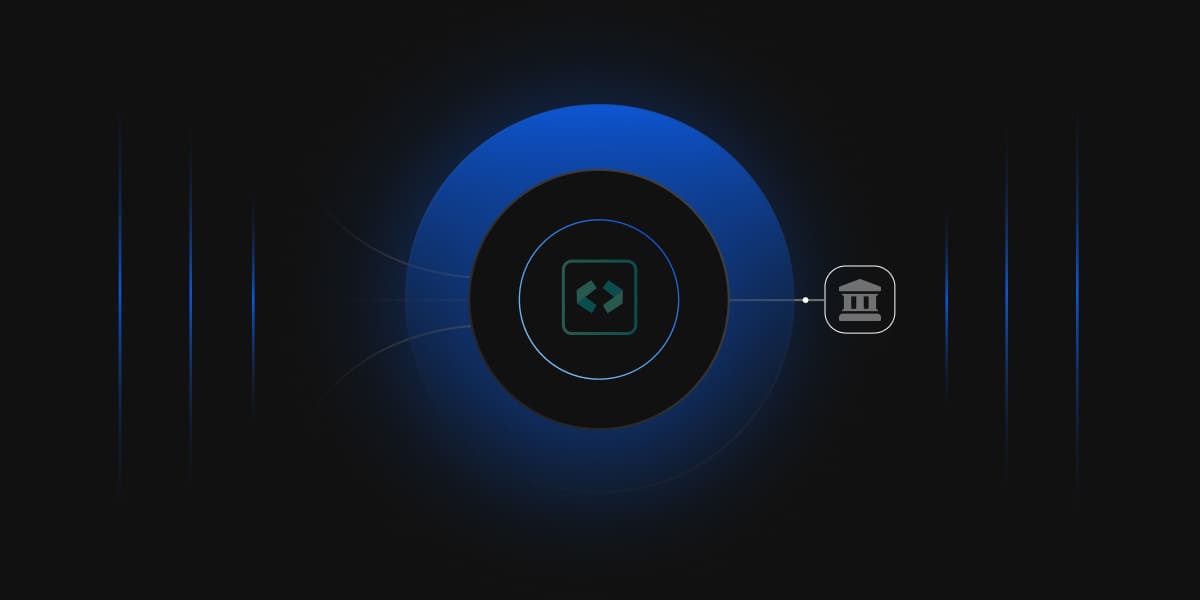Company Overview
This financial institution is a leading entity in the finance sector, known for its comprehensive array of services, such as retail banking, investment banking, and asset management. It has built a strong reputation for implementing stringent data protection measures, using innovative technologies to safeguard client data against cyber threats. These measures include multi-layered encryption, regular security audits, and continuous monitoring of their IT infrastructure to prevent unauthorized access and data breaches.
However, the institution faces significant challenges in its code signing practices, which are critical for ensuring the integrity and authenticity of its software applications. The current manual code signing processes are time-consuming and prone to human error, leading to potential security vulnerabilities.
Additionally, the institution’s practices around the storage of private keys are not fully secure, with these keys sometimes stored in less protected environments. This inadequate safeguarding of private keys could potentially allow unauthorized access to the keys, thereby compromising the security of the software distribution process.
The organization is exploring solutions to overhaul its code signing practices by adopting automated tools and more secure key management systems. This will enable it to maintain its high security and trust standards, ensuring that all software releases meet the stringent security requirements expected by its clients and regulators in the financial industry.
Challenges
-
Theft of Code Signing Keys
Private code signing keys can be a juicy target for cyber attackers. Improperly protected keys are dangerous. Stealing private code signing keys allows intruders to disguise malicious software or malware as authentic code. Worse, there are limited revocation mechanisms in code signing systems, which makes the threat of stolen private keys even worse.
-
Compliance Requirements
Secure code signing provides an audit trail. DevSecOps embraces transparency and accountability. Signed artifacts facilitate compliance with regulatory requirements. For example, a company must comply with a regulation that mandates data security. Signed code provides an audit trail that can show the software hasn’t been tampered with.
-
Lack of timestamping
Lack of timestamping was a major issue with this organization, which can lead to a detrimental security posture. Without time stamping, expiration/revocation of code signing certificates would lessen customers’ confidence in the same software product. Timestamps make sure that even if certificates lose their validity or are revoked for some reason, their signatures remain valid, secure, and trusted.
-
Misplaced trust in keys or certificates
Code signing verification is handled by cybersecurity experts who know there is no such thing as being careful about cybersecurity. However, an inexperienced expert could inadvertently use untrustworthy or unsuitable certificates and keys for code signing. Using insecure or untrustworthy certificates and keys makes the organization prone to dangerous cyber attacks. In addition, verifiers may allow users to extend trust to such certificates, which opens them up to vulnerabilities.
Solutions
- Deployed CodeSign Secure with Thales HSM to store and manage private keys of code signing certificates. This mitigated the issue of the lack of centralized management for code signing certificates and the lack of administrative control due to its manual processes.
- CodeSign Secure supported extensive file types, including Windows files like .exe, .dll, .msi, .cab, .ocx, RPM on Linux, Jar files, Mac OS software, Android and iOS apps, and Docker images. This eliminated the issue of very basic support for file types, mostly Microsoft and not RPM or Mac.
- CodeSign Secure provided the anti-malware team with a trusted list of code-signing certificates for policy enforcement. It eliminated the lack of a documented assurance method to protect private code-signing keys. Furthermore, it mitigated the issue of insecure storage of private keys while they were placed in signing servers or the endpoint of user devices.
- CodeSign Secure developed approval workflows and audit processes for key usage for different function units and metric reports. It eliminated the issue of the lack of capabilities to enforce security policies consistently.
Impact
- We deployed CodeSign Secure with Thales HSM to store and manage the private keys of code signing certificates, which provided a centralized code signing solution.
- CodeSign Secure supported extensive file types, including Windows files like .exe, .dll, .msi, .cab, .ocx, RPM on Linux, Jar files, Mac OS software, Android and iOS apps, and Docker images. This eliminated the issue of very basic support for file types, mostly Microsoft and not RPM or Mac. This provided a robust access control system integrated with LDAP.
- CodeSign Secure provided the anti-malware team with a trusted list of code-signing certificates for policy enforcement. This provided customizable workflows to mitigate the risks of granting unauthorized users wrong access.
- CodeSign Secure developed approval workflows and audit processes for key usage for different function units and metric reports, which enhanced the audit process for code signing certificates.
Conclusion
The introduction of CodeSign Secure has significantly transformed the code signing operations of this financial institution, streamlining workflows and enhancing security measures.
By adopting CodeSign Secure integrated with Thales Hardware Security Module (HSM), the institution has successfully centralized the management of code signing certificates and significantly mitigated the risks associated with storing and handling private keys. This system has addressed previous vulnerabilities and aligned the institution’s practices with stringent compliance and security standards.
The diverse compatibility of CodeSign Secure with various file types—including those used across different operating systems and applications—has broadened the scope of the institution’s digital security measures, eliminating previous limitations. Introducing a trusted list of code-signing certificates and robust policy enforcement capabilities has further fortified the institution against malware and other cyber threats.
Moreover, implementing structured approval workflows and detailed audit processes has drastically improved transparency and accountability within the institution’s code signing practices. These enhancements have empowered the financial institution to maintain high trust with its clients and regulators, safeguarding its reputation and financial integrity in a competitive and increasingly regulated sector.
In conclusion, CodeSign Secure has revolutionized the institution’s approach to code signing and set a new standard in the financial industry for managing digital security risks associated with software distribution and maintenance.

